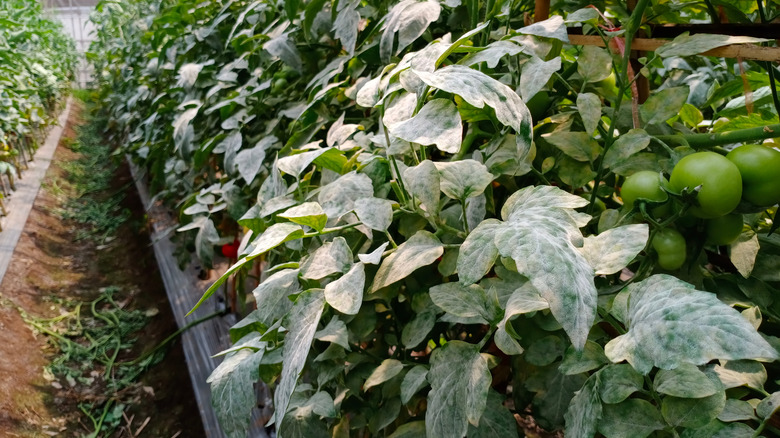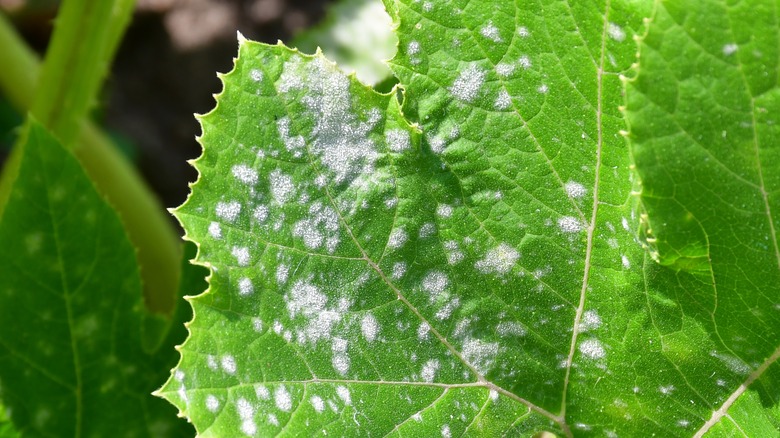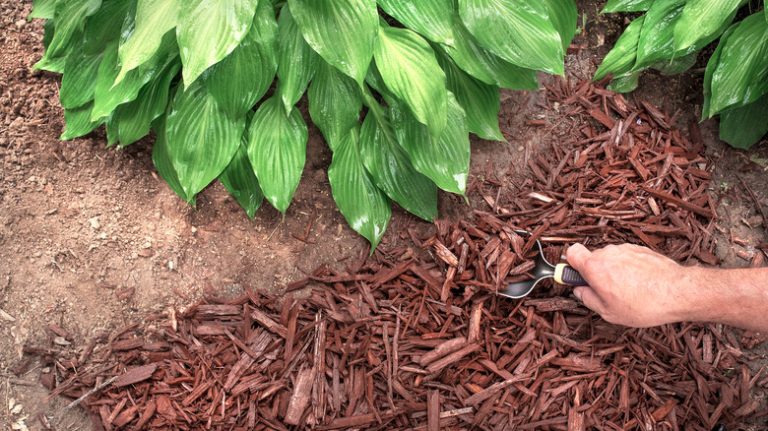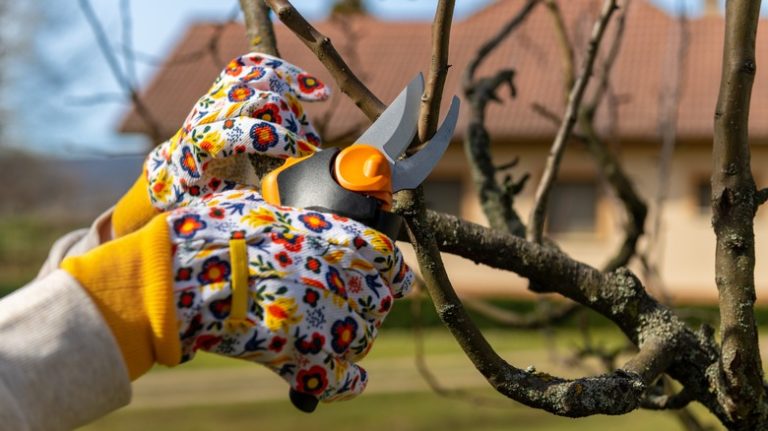Spotting fungi in the garden is the opposite of fun. You can’t always avoid fungal diseases, but you can treat plants with them and nurse them back to almost perfect health in most cases. Many fungal diseases like powdery mildew can make your healthy plant look sickly in just a matter of days. The white powder-like disease will spread from leaf to leaf, along stems, and in some cases, on flower heads and fruit. The best way to control a disease is to stay one step ahead of it, and you can do that with powdery mildew by removing the infected portions of the plant.
You can remove infected plant parts throughout the entire growing season. The sooner you catch a disease, the better, so start in early spring and continue monitoring your plants through the rest of the year. If there were ever a time to emphasize powdery mildew removal, it would be in late fall or early winter when plants go dormant or die. Spores can survive winter and infect your plants as soon as the weather is optimal, so removing any diseased leaves while they’re still easy to spot is crucial.
Remove all infected plants from the premises

Make an effort to look for the beginnings of powdery mildew on your plants. It often shows up in shady areas, including where plants are planted closely together with little airflow. Wet leaves are often associated with fungal diseases, but that’s not the case for powdery mildew. It can infect dry leaves, and exposure to water for too long can kill the spores, so don’t think a dry plant is safe. When you do spot an infected leaf or stem, remove it by pinching it off or using shears. Be sure to clean and disinfect your shears so they don’t infect other plants, and keep the infected plant parts away from the others. Put them in a plastic bag, dispose of them, and make sure they stay far away from the compost pile.
Check weekly for infected plants, but if you get behind, you can do a clean-up session in the fall or winter so your spring growing season can start with a clean slate. Remove any infected leaves and stems, including any leaves that have fallen to the ground. If a flower bed has a major infestation, consider removing every plant and raking the area to make sure no leaf is left behind to house spores all winter.




